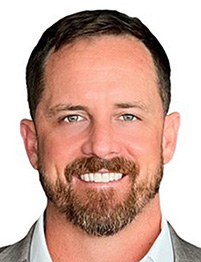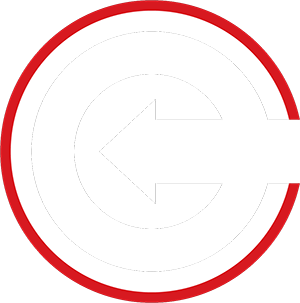
Monica Adwani
CEO
Breezy Seguros, Framingham, Mass.

Dwyane Akins
SVP, Client Service Team Leader
Marsh, Boston

Rebecca Burns
Vice President
Aon, Philadelphia

Timothy Madden
SVP, Marine Data & Analytics Leader
Aon, Bruce Township, Mich.

Veronica Ringholz
VP, Senior Consultant Claims Advocacy
Marsh, Cleveland

Joshua Smith
Broker
Marsh McLennan Agency, Sanford, Fla.
All 2025 Power Broker Winners
Learn more about what it takes to be a great Workers’ Comp partner here.

Finalists:

Christopher Iovino, ARM
Managing Director, Aon Global Risk Consulting
Aon, Bohemia, N.Y.

Will Sutton
Vice President
Aon, Chicago
 Risk Central
Risk Central